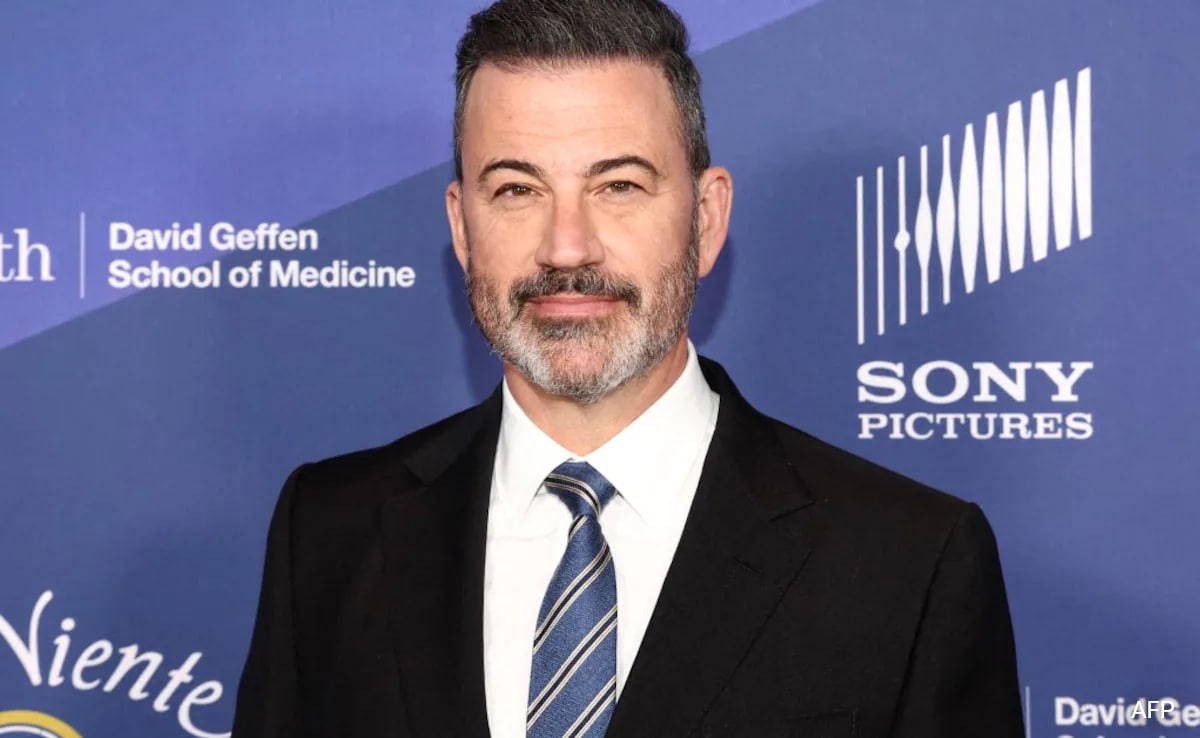They also discussed preparations to impose âmassive consequences and severe economic costsâ on Russia, as well as moves to reinforce security on NATOâs eastern flank. The Western military alliance said Monday it was moving more military equipment into Eastern Europe, sending additional ships and fighter jets, just as the Biden administration put 8,500 troops on heightened alert for potential deployment to Europe.
Kremlin spokesman Dmitry Peskov said Monday that Russia was watching NATOâs moves and President Vladimir Putin was âtaking measures to ensure that our security and our interests are properly protected.â
Macron said during the virtual meeting that de-escalating the situation would require âstrong, credible warnings to Russiaâ and âconstant coordination among European partners and allies.â Paris is hosting talks with Berlin, Kyiv and Moscow on Wednesday in a continuation of long-standing discussions between the four powers.
Paris has a tradition of pushing for European diplomacy to be more independent of Washington. But Macronâs expressed desire to strengthen EU involvement in the crisis comes as some Baltic states push for greater U.S. involvement and support.
âThe biggest deterrence to Russia is an American flag,â Estonian Prime Minister Kaja Kallas told the Financial Times of London newspaper in an interview published Monday. Tensions in the Baltics are intensifying in parallel with the Ukraine crisis as Moscow has issued a demand for the removal of all NATO military infrastructure installed after 1997 in Eastern European countries that are now members of the alliance.
Over the weekend, U.S. and European officials played down any differences in their approach toward Moscow. Secretary of State Antony Blinken stressed during a meeting with his European counterparts Monday that Washington would âcoordinate closely on next steps to deter Russian aggressionâ with the EU and member states, as well as long-standing transatlantic institutions such as NATO and the Organization for Security and Cooperation in Europe, spokesman Ned Price said.
In Belarus, which borders Ukraine, a group of hackers calling themselves âCyber Partisansâ said Monday they had hacked the railway network of the Kremlin-aligned state to âdisruptâ the movement of Russian troops. The group, announcing its cyber intrusion in posts on Twitter and Telegram, said that it had encrypted the railroadâs âservers, databases and workstations to disrupt its operationsâ because the network facilitates the passage of âoccupying troops.â
Minsk said that Russian troops continued to arrive in the country ahead of a major training exercise next month. Further video surfaced on social media Monday showing Russian military convoys and trains with military equipment moving across southern Russia and Belarus.
Cyber Partisans said it would return the network to ânormal modeâ if 50 political prisoners in need of medical care were released, and Russian troops were barred from Belarus. As of Monday evening, parts of the Belarusian Railway website were down, showing an error message that âthe site is temporarily unavailable, come back later.â
Meanwhile, Canadian officials said Monday that hackers had launched a cyber attack on the countryâs foreign ministry last week, around the time Ottawaâs cyber defense agency was warning of Russian-backed threats. Canada is a NATO member and Prime Minister Justin Trudeau has been vocal in his opposition to Russiaâs massing of forces on the Ukrainian border.
The Treasury Board Secretariat, which is responsible for Canadian government operations, didnât immediately respond to a request for comment on whether Russian actors were responsible.
âCritical services for Canadians through Global Affairs Canada are currently functioning. Some access to Internet and internet-based services are not currently available as part of the mitigation measures and work is underway to restore them,â the Treasury Board said in a statement.
Amid the escalating tensions, Senate Majority Leader Charles E. Schumer (D-N.Y.) requested the Biden administration brief members of the upper chamber on the Russia-Ukraine situation, a person familiar with the matter said. House Speaker Nancy Pelosi (D-Calif.) has also requested a similar all-member bipartisan briefing.
Even as the administration seeks a diplomatic resolution to the Ukraine crisis, the United States and some Western allies have begun to take the kind of dramatic steps typically reserved for the eve of anticipated armed action.
In an interview with the ITV network, Britainâs Johnson said intelligence indicates Russia is planning a âlightning raidâ on Kyiv as he warned the Kremlin that an incursion would be âa disastrous stepâ that could lead to a lengthy conflict with casualties on both sides.
Pannett reported from Sydney. Bryan Pietsch in Seoul, Amanda Coletta in Toronto and Ashley Parker, Missy Ryan and Karoun Demirjian in Washington contributed to this report.
.png)











 English (United States) ·
English (United States) ·  Turkish (Turkey) ·
Turkish (Turkey) ·